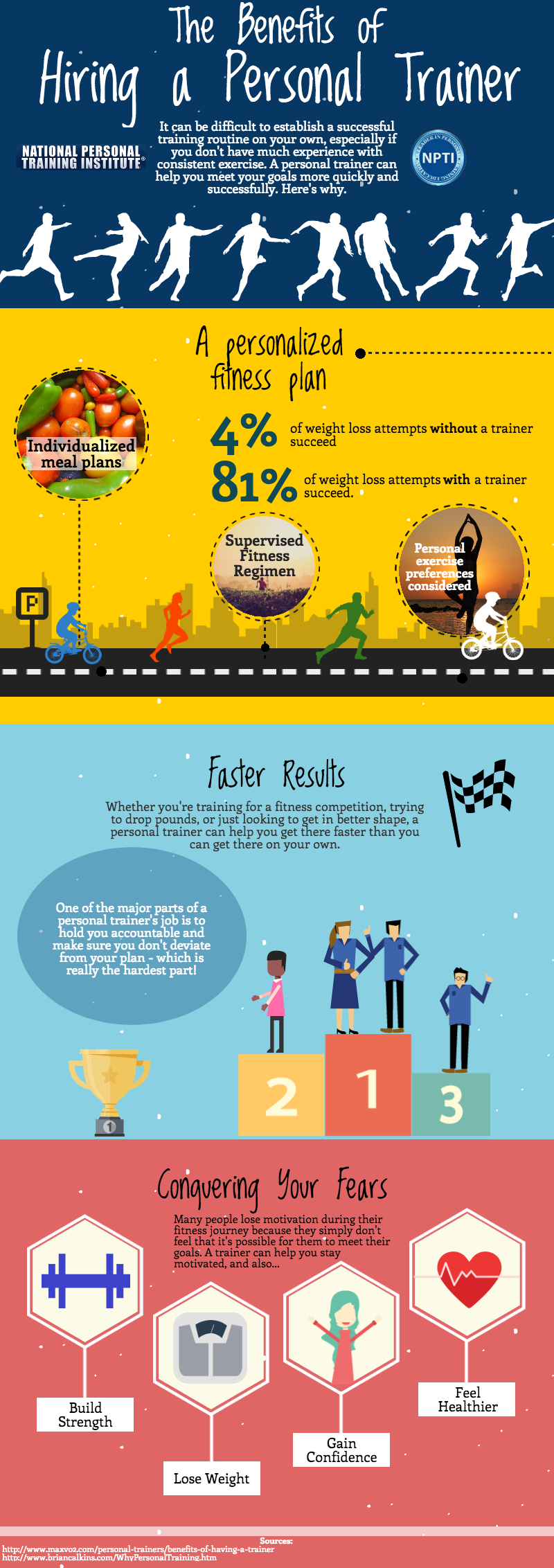
If you are looking for a new way to get in shape, you may want to try working out barefoot. This alternative to conventional gym training has some benefits and disadvantages. This article will cover the advantages, drawbacks, precautions, and other details. Once you have an idea of how this new way of exercising works, you can begin your training program by going barefoot. Remember to start slowly with light weights. Keep your movements simple and continue working your way up.
Benefits
Barefoot exercise has many benefits. Barefoot provides a greater sense of sensory feedback, which is critical for the functioning of the body’s stabilizing muscles. It encourages balance and better posture. Exercising barefoot has other benefits that go beyond the convenience. These are three of the benefits. 1. Higher results. In order to prevent injury, you can use your feet as leverage.
Barefoot exercise can also improve balance and body awareness. Peripheral nerves in the feet send signals to brain. The body may have problems controlling its muscles, or even staying upright, if these nerves get damaged. Running barefoot can improve balance and proprioception. You will feel more sensation between your toes. This helps to prevent injury and enhances your body's ability for stress adaptation.

Drawbacks
Although there are many benefits to working out barefoot, you might be wondering what are the disadvantages of working out uncovered. The truth is that there are some drawbacks to barefoot training, too. During the initial phase of acclimation, you might feel uncomfortable in commercial gyms or while bounding. Lifting and other activities that require footwear may make you feel uncomfortable. But, the benefits are far greater than the drawbacks.
Barefoot exercise has one drawback. It can cause injury to the second metatarsal which is particularly vulnerable. If you've been wearing shoes all your life, you might want to take a step back and try barefoot yoga or other activities gradually. You can also buy barefoot tape to protect your feet against glass shards if you don't want the risk of breaking or spraining your ankles. Shoes are required in many gyms.
Be aware
Barefoot walking can be a healthy and enjoyable activity. However it is crucial to ensure that you take all precautions to avoid injury. Barefoot workouts can increase balance and posture, and improve stability. But they can be dangerous if your feet are accidentally pressed against a sharp object, or if you lift anything heavy. Ask a physical therapist, podiatrist or specialist in running shoes for advice if you're unsure if going without shoes is right.
If you intend to go barefoot while working out, it is important to have shoes in case of injury. You should also unrack any weight you have already added. A safety collar should be worn to protect your feet and prevent weight plates from sliding. If you are unsure whether you should go naked, you can begin with light activities like walking around the neighborhood.

Barefoot exercise:
Fitness experts agree that going barefoot can be a good idea. However, it all depends on what type of exercise you are doing. For instance, if you plan to run a marathon barefoot, you'll want to choose a shoe that mimics barefoot running, rather than one that has a high-heeled sole. Consider how comfortable you are going barefoot.
The number one advantage of working out barefoot is that it boosts proprioception, which helps your body understand where it is in space. For good coordination, balance, or stability, it is important to be able understand your surroundings. Barefoot exercise will make you more aware of your body's movements, and you will feel healthier and stronger. Proprioception is a key component of both paddleboarding and barefoot swimming.
FAQ
How Can I Get Started With Fitness?
Start small. You can start by taking 10 minutes each week to walk around the block. This will show you how to move and give your muscles the time to adjust. You can then add more steps into your daily exercise routine once you have learned this simple form.
What does nutrition do for your body?
Your body's ability to function properly is aided by nutrition. The best way to ensure that you receive adequate nutrition is to eat a balanced diet with plenty of fruits and vegetables, lean proteins, whole grains, and healthy fats.
How can exercise and nutrition help you live a healthier life?
Exercise can help you stay healthy, lose weight and gain muscle mass. It also helps reduce stress. Nutrition is essential for energy, sleep and mood as well as overall health. For a longer life expectancy, reduce your intake of meat and alcohol, smoke less, and exercise regularly.
Do I need warmth before I exercise?
Warming up before an activity can reduce muscle soreness, improve performance, and help to prevent injury. There are several ways to warm up. These include running, jumping ropes stretching, running and even cycling. Start slowly and gradually increase your pace and intensity.
How many hours sleep should I get each night?
The amount of sleep recommended depends on your age, gender, and personal needs. Most adults need between 7 and 9 hours of sleep per night. Children and teens typically need between 7 and 9 hours of sleep each night. However, this number drops as they get older.
Is it possible for one to be too thin?
Yes! Both being underweight or suffering from an eating disorder is unhealthy. It is not normal to be less than your ideal weight. Also, you may feel dizzy, tired, or weak.
Can I exercise after eating?
It all depends on the type of exercise that you are doing. Avoid strenuous activities after meals because they can cause stomach cramps. Light aerobic activities such brisk biking and walking are better.
Statistics
- In high-income countries, 26% of men and 35% of women were insufficiently physically active, as compared to 12% of men and 24% of women in low-income countries. (who.int)
- In 2018, the World Health Assembly agreed on a global target to reduce physical inactivity by 15% by 2030 and align with the Sustainable Development Goals. (who.int)
- According to the Centers for Disease Control and Prevention, chronic diseases cause 7 out of 10 deaths in the U.S., and treating chronic diseases accounts for 86% of U.S. healthcare costs. (mana.md)
- Globally, 28% of adults aged 18 and over were not active enough in 2016 (men 23% and women 32%). (who.int)
External Links
How To
How to stay fit during pregnancy
Your body changes drastically when you become pregnant. Your metabolism slows down, and you eat less because you're growing a baby inside you. You may feel sick if your sleep is not enough. However, there are ways that you can be healthy and still have fun during this exciting time in life.
Before you start any exercise program, it is important to consult your doctor. Your doctor can help you decide which exercises are safe and which should be avoided. A second thing to do is eat well during pregnancy. This includes eating lots of iron, fiber, protein, and fiber. Third, it is important to drink plenty. Since sweat causes fluid loss, it is especially important that you drink water while you exercise. Last, take good care of your feet. Your feet should be dry all the time and you should wear shoes that support your feet. If you're having morning sickness, make sure you eat something small like crackers or toast before getting out of bed. You might end up feeling nauseated.
-
Eat Well. A healthy diet is vital throughout pregnancy.
-
Stay active. Do at least 30 minutes of exercise each day.
-
Maintain a Healthy Weight. Reduce the amount of food you eat and eat snacks less often can help you lose weight.
-
Get Enough Sleep. You should aim for 7-9 hours sleep every night.
-
Manage Stress. Learn relaxation techniques.
-
Avoid Alcohol. It can lead to miscarriage, and even birth defects.
-
Be gentle with your self. Don't push yourself too hard.
-
Take care of yourself. Have someone check in on you when needed.
-
Relax. Do the things that make your heart happy.